Anthony Albanese rejects Greens’ housing demands, sets up inner-city election fight
Anthony Albanese rejects the latest Greens’ demands on his signature housing policies, setting the scene for a war on housing affordability at the upcoming election.
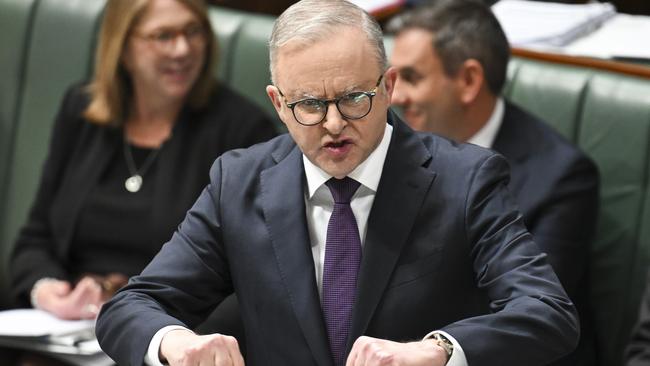
Anthony Albanese has rejected the Greens’ latest demands on his signature housing policies, setting the scene for a war on housing affordability in inner-city battleground seats at the upcoming election.
With just four parliamentary sitting days remaining for the year, and the possibility MPs won’t return to Canberra in February before an election is called, much of the Prime Minister’s agenda is being held up in the Senate, with 76 government bills before both chambers.
The government was forced to announce on Sunday that it wouldn’t be pursuing its misinformation and disinformation laws or gambling reforms this year, after failing to win over the Coalition and Greens.
Peter Dutton hit out at the government’s “cowardly and craven capitulation” on gambling advertising while declaring the now abandoned misinformation and disinformation legislation was “a scandalous attack on free speech, with censorship at its core”.
“The PM today needs to rule out any future iteration of this legislation, before or after the next election,” the Opposition Leader said.
Bills expected to get parliament’s green light include sweeping electoral reforms, which the major parties say will remove big money from federal elections, amid heavy criticism from Climate 200-backed teals, Clive Palmer and the crossbench; a ban on under-16s using social media; a new aged-care framework; changes to HELP indexation, and; fee-free TAFE places.
But in a sign Mr Albanese wants a fight on housing, Housing and Homelessness Minister Clare O’Neil on Monday will reveal the government won’t agree to the Greens’ “compromise” to push through the Help to Buy and Build to Rent bills.
In the wake of significant election losses for the minor party in Queensland and the ACT, the Greens backed down on their calls for Labor to phase out negative gearing and introduce rent caps in exchange for support on the housing legislation.
Instead, the party is pushing for funding to build 25,000 more social and affordable homes next year that have been “overlooked” by the Housing Australia Future Fund, increasing the number of affordable tenancies under Build to Rent to 30 per cent, and capping rent at 25 per cent of tenants’ income, as well as changing when a person has to pay back the government’s share of their home in the Help to Buy scheme.
Government sources said Labor had sought advice from Treasury, Housing Australia and other independent experts on the proposals, which were deemed as being unlawful, or would end up funding million-dollar homes already being built in a very small number of instances, or would render the laws ineffective or redundant.
The demand for 25,000 more social and affordable homes would cost more than $20bn, the government sources said, with some unsuccessful HAFF projects including applications that cost $1.8m per home on the NSW south coast and $1.5m per home in Tasmania.
“Consistently throughout this parliament, the Greens have blocked and delayed action on the housing crisis, looking for every excuse to vote down legislation which is clearly good for the country,” Ms O’Neil said.
“You get the distinct impression the Greens want Australians to continue to be in housing distress, so Adam Bandt can try to harvest those grievances into votes. It’s the crassest form of politics there is, straight out of the Peter Dutton playbook.”
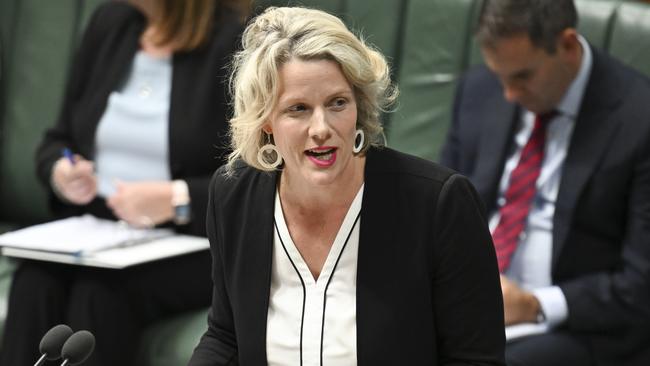
Greens housing spokesman Max Chandler-Mather said his revised offer was “popular, achievable and easy to accept, it requires no new legislation and sits broadly within government policy”.
“Our proposal to fund 25,000 social and affordable homes comes from existing bids to the government’s own housing fund. They are ready to go, drawn from good applications made by community housing providers,” he said.
“The homes have land, architectural plans done, and either are close to, or have, planning approval. Each project is already costed, and all they need is government funding … Why on Earth would Labor block that?”
Senior government minister Murray Watt nominated passing the Help to Buy bill as the government’s No.1 priority for the final sitting week, as well as providing wage rises for early childhood educators.
A swag of government bills remains in doubt alongside its housing platform, including Future Made in Australia, its proposed environmental watchdog, and reducing tax concessions for certain earnings on the wealthiest superannuation balances above $3m.
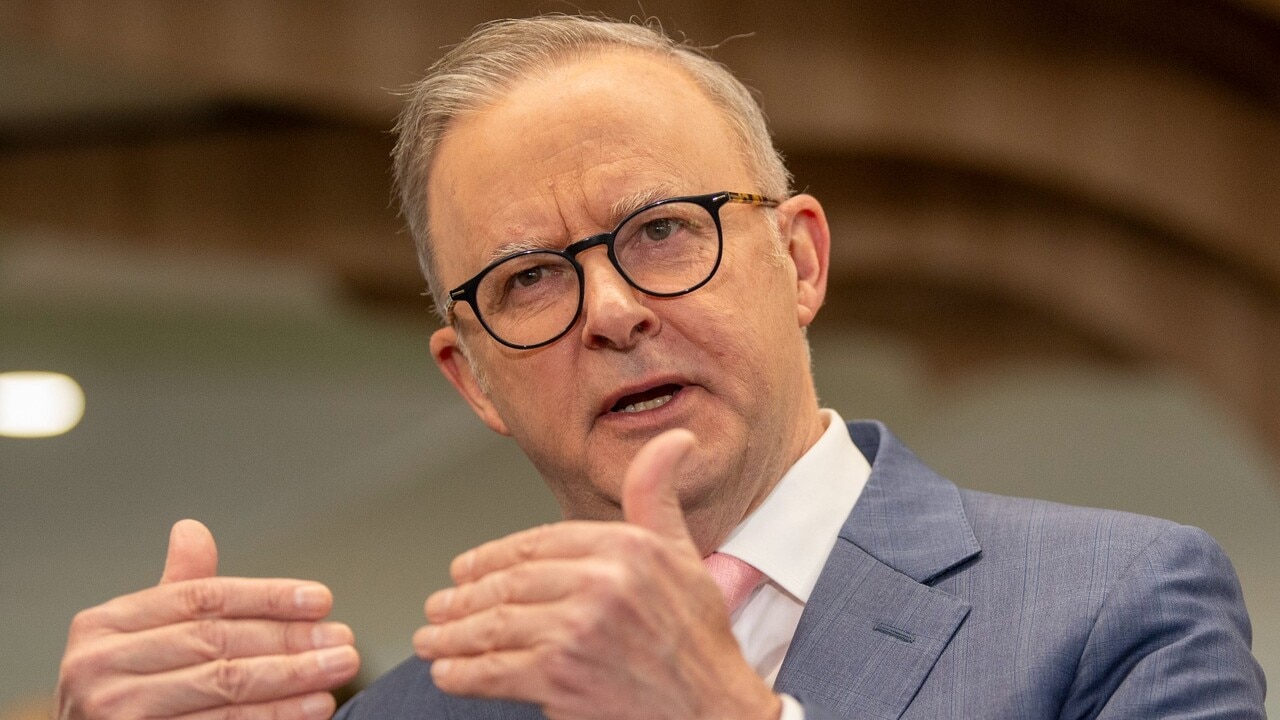
Despite legislation enabling the framework for Future Made in Australia being stuck in the Senate, Jim Chalmers on Monday will introduce a bill to provide tax incentives for the production of hydrogen and critical minerals.
The bill is a key part of the Future Made in Australia program, offering $22.5bn in incentives to produce more energy and mineral sources believed to be key to a net-zero future.
With the Coalition signalling after the budget it would oppose the production tax credits, the Treasurer urged Mr Dutton to get behind the proposal.
“He needs to come clean on whether he still thinks these incentives are ‘welfare for billionaires’ or whether he supports important investment in jobs, the resources industry and regional economies,” Dr Chalmers said.
“Peter Dutton’s reckless arrogance is the worst enemy of the resources sector and communities across Australia that will be supported through these investments. There is too much at stake to risk the Coalition’s anti-resources recklessness.”
The measures are backed by the Western Australian Chamber of Minerals and Energy, and are seen as key to Labor holding on to the seats gained in that state at the last election.

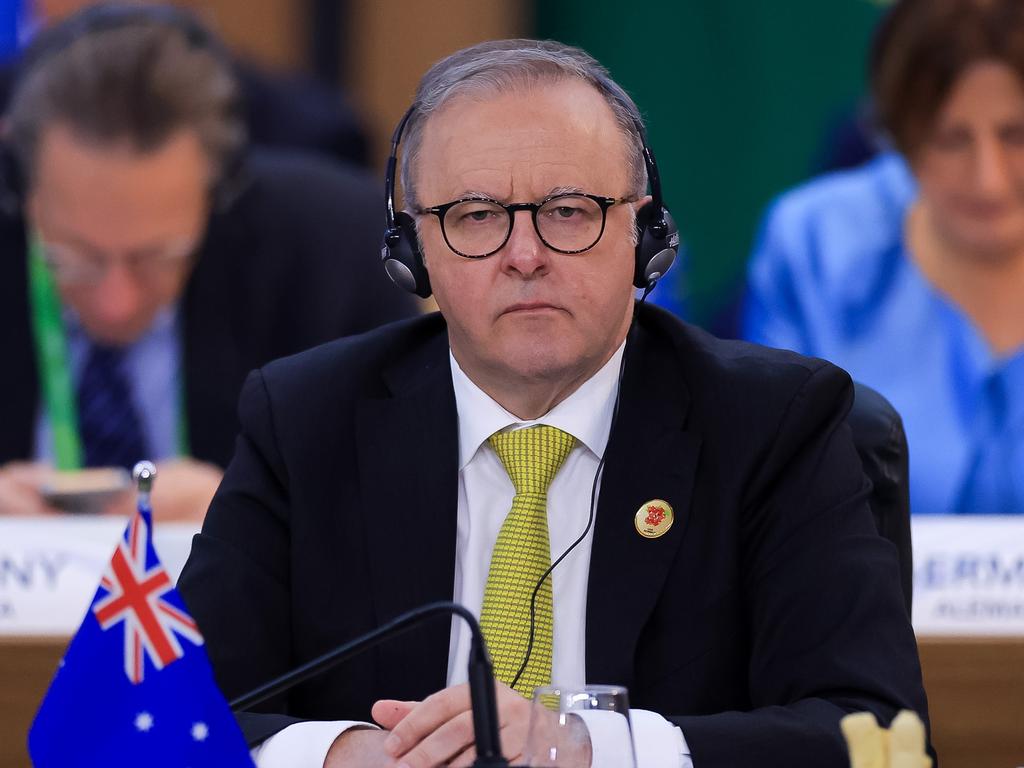

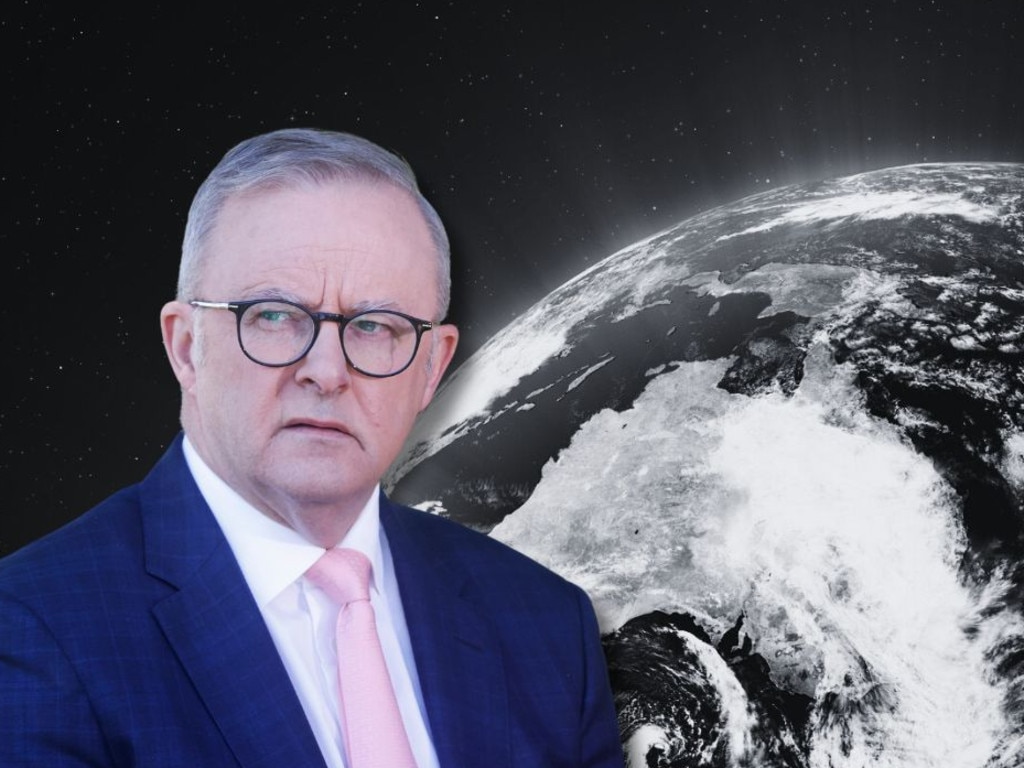


To join the conversation, please log in. Don't have an account? Register
Join the conversation, you are commenting as Logout